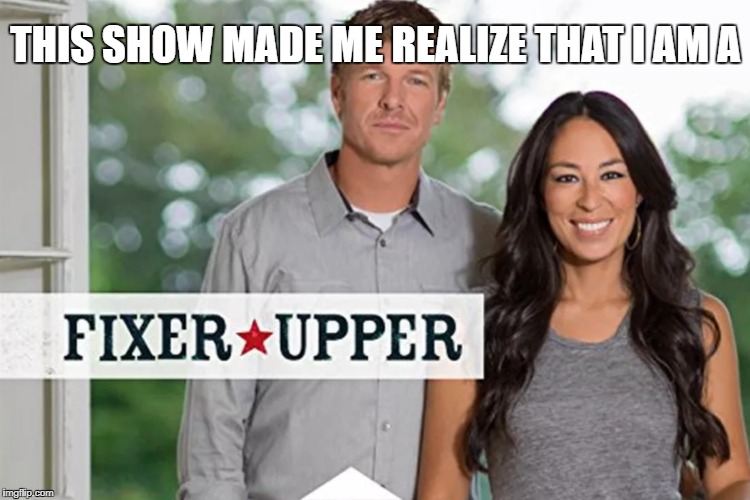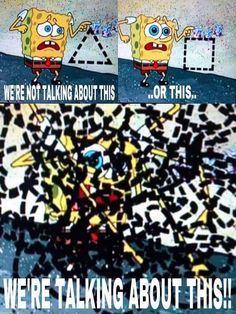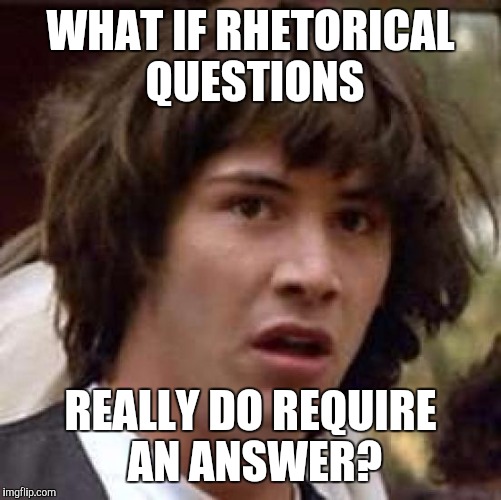James Samonas
Professor Seri
WRT 102.72
10 April 2018
Research Paper
YouTube has been around for many years, although recently it has been making a lot of changes in the ways it pays its creators and how they can present their content. Most of these changes have to do with the ‘demonetization’, or removal of ads and thus their ad revenue, of certain channels on YouTube. The content that usually gets demonetized is such that is deemed ‘inappropriate’ by YouTube because of its guidelines for having ads. These guidelines describe ‘inappropriate’ videos as ones that have too much profane language, violence, drugs, content on a recent controversial topic and etc. (Google). Policies already changed once in late 2016, although they were again changed recently in early 2018. This further affects the creators, outside companies and the people which watch the videos in ways that a lot of people deem negative and criticize. To fully understand how these policies will affect YouTube’s users and outside companies, we should further our knowledge of their previous policies, procedures, and history.
YouTube has recently become an actual career choice for many people of the new generations, with more and more people even studying the economics of it and how to make more money off of it. With many creators, from wildly popular channels based off of criticizing news and other content for entertainment like H3H3 Productions (5.6 million subscribers) to not as popular channels that make short animations like Gregzilla (170 thousand subscribers), getting demonetized or not being able to monetize nearly as much because of length, creators started to struggle to get by. Many of them had previously made most of their income from YouTube and its ads, although now they must rely on third party support from fans and outside companies. One great example of this is presented in the New York Times article in which Amanda Hess explained how a young man, David Pakman, had originally started a radio talk program on not only some public radio stations, but also on YouTube and made enough money to support it (Hess 2017). This continued until YouTube changed its policies and thus demonetized most of his channel, making him lose most of his income and resulted in Pakman having to resort to making a crowdfunding page to keep his small business and workers working (Hess 2017). This leaves Pakman without concrete revenue and a possibility that if crowdfunding doesn’t go well, his channel could fail. Another criticism creators have with the new change is the fact that the thing that checks videos for violations of the new guidelines is not originally a person, but rather a robot. This allows for a lot content that shouldn’t be demonetized to be demonetized anyways (Kian). In order for this ‘ban from ads’ to be removed, the creator needs to appeal it. Although only appeals dealing with videos which have obtained over 1000 views in the past week actually get reviewed by people. Also, if your channel has more than 10,000 subscribers, they will review an appeal without a need of the 1000 views (Kian). By doing this, YouTube is choking out smaller channels allowing for only small slow growth, if any growth at all, monetarily. More importantly though, creators that base their income off of YouTube also have their videos originally demonetized by a bot, only to have it remonetized later by a real person because the bot did not correctly identify a guideline being broken. This creator then loses all the revenue that they originally would have gotten from the ads for the views they received while it was demonetized. This means they are losing out on money for every one of their videos which gets wrongly demonetized, even if it does get remonetized later.
These new policies of ad restriction don’t only affect the content creators, they also have a massive effect on companies outside of YouTube. When a creator get demonetized, they often must turn to other ways to get an income by still creating videos. The two most popular ways of doing this is making a Patreon or by doing sponsorships. Patreon is a website which allows for fans to donate money to the content creators of their liking, although the website also takes a portion of the donation money as well. When YouTube’s new policies came out in 2016, a lot of creators turned to Patreon as a secondary source of income. This can be seen by the graph of statistics of individual pledges that Graphtreon made. It clearly shows that the number of individual pledges went up a lot more during the time period of February of 2017 to April of 2017 (Graphtreon). This is soon after the time when YouTube started its new policies (late 2016) and thus the creators turned to new platforms to get their income from fans, meanwhile using YouTube still as a way to put out their videos and try to monetize their videos. These new YouTube policies therefore helped the outside company of Patreon grow a lot as the more people that donate to people on Patreon, the more money Patreon also makes. This isn’t the only company which has been positively affected by this change though. A lot of companies have been getting more and more sponsorships on YouTube since the addition of the new policies. One of the most prevalent of these companies which use sponsorships is Crunchyroll. A company that streamed Japanese animation shows, Crunchyroll started becoming especially prevalent as a sponsor on YouTube soon after their new policies came into effect (late 2016) and even showed for it by finally reaching one million paid subscribers of their streaming service in February 2017 (Crunchyroll 2017). This shows that the incentive for creators to accept their sponsorships increased after the policy change in 2016 and thus also gave the creators’ followers more incentive to join the sponsors. After they did, the sponsor grows monetarily, even reaching new heights in popularity such as Crunchyroll. These companies then grew in popularity and monetarily soon after these policies were enacted, although the policy was also affected by them and the creators as well.
The new policies that YouTube enacted in 2016 and 2018 not only affected the users and outside companies, but it was also affected by them as well. This is especially prevalent with the 2018 policy change which made putting ads on videos much stricter as per content. The reasoning YouTube has for this change has its beginnings from both the creators’ and outside businesses’ sides. As Hess explains in her article, before the 2016 incident a lot of companies like Johnson & Johnson and AT&T pulled their advertisements from YouTube after a lot of journals like The Wall Street Journal criticized their advertisements being before content which the journal deemed ‘hateful’ and ‘inappropriate’ (Hess 2017). YouTube then changed its policies as to which videos could be monetized because it was losing ad revenue when companies started to pull their ads from the site. A conclusion can be made that the creators caused the companies to pull their ads, which caused YouTube to change its ad policies originally in 2016. The same could be said about the 2018 incident as well, as a Google (which owns YouTube) Vice President said that the new policies were being enacted due to ‘Bad Actors’ in YouTube’s community in a blog post during the time which the changes were being made (Wakabayashi 2018). Many inferred that this was specifically due to the recent event of Logan Paul, a very popular YouTube content creator, posting a video showing a dead body of someone whom committed suicide in a Japanese forest (Wakabayashi 2018). Between the two changes to policies and what YouTube claims were their reasons for doing so, the conclusion can be drawn that the policies that now harm most of the content creators on YouTube can also be followed back to show that some of the content creators themselves are to blame for it. Although, in the end, many argue that YouTube just needs to get more specific with its ways of how ads are presented to specific viewers. They say that YouTube should guide more adult oriented ads toward adult content and child-friendly ads toward child friendly content, similar to how sponsors agree to be associated with the specific content they are presented with. Basically, YouTube should separate and filter between its user-base and the content they see better.
Works Cited
“Advertiser-Friendly Content Guidelines – YouTube Help.” Google, Google, support.google.com/youtube/answer/6162278.
Hess, Amanda. “How YouTube’s Shifting Algorithms Hurt Independent Media.” The New York Times, The New York Times, 17 Apr. 2017, www.nytimes.com/2017/04/17/arts/youtube-broadcasters-algorithm-ads.html?mcubz=0.
Kain, Erik. “YouTube Wants Content Creators To Appeal Demonetization, But It’s Not Always That Easy.” Forbes, Forbes Magazine, 19 Sept. 2017, www.forbes.com/sites/erikkain/2017/09/18/adpocalypse-2017-heres-what-you-need-to-know-about-youtubes-demonetization-troubles/#2ec5a87e6c26.
“Largest Anime Streaming Service Crunchyroll Surpasses One Million Paid Subscribers.” Crunchyroll, Crunchyroll, 9 Feb. 2017, www.crunchyroll.com/anime-press-release/2017/02/09-1/largest-anime-streaming-service-crunchyroll-surpasses-one-million-paid-subscribers.
“Patreon Statistics: Graphs Analysis.” Graphtreon, graphtreon.com/patreon-stats
WAKABAYASHI, By DAISUKE. “YouTube Updates Rule For Ads as It Promises More Scrutiny of Videos.” The New York Times. (January 17, 2018 Wednesday ): 578 words. LexisNexis Academic. Web. Date Accessed: 2018/04/12




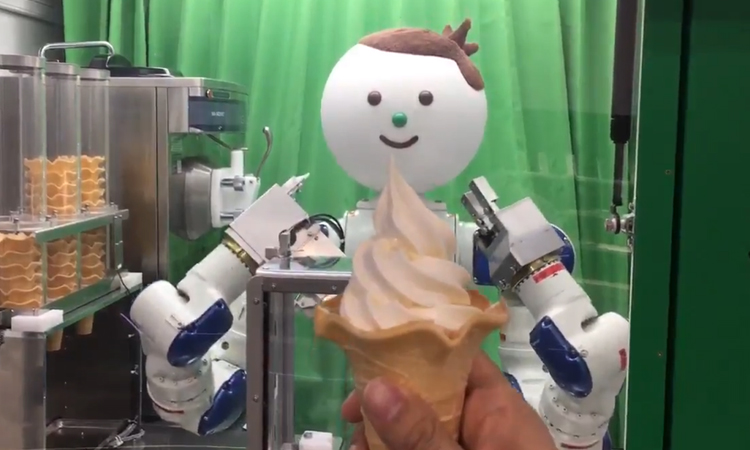



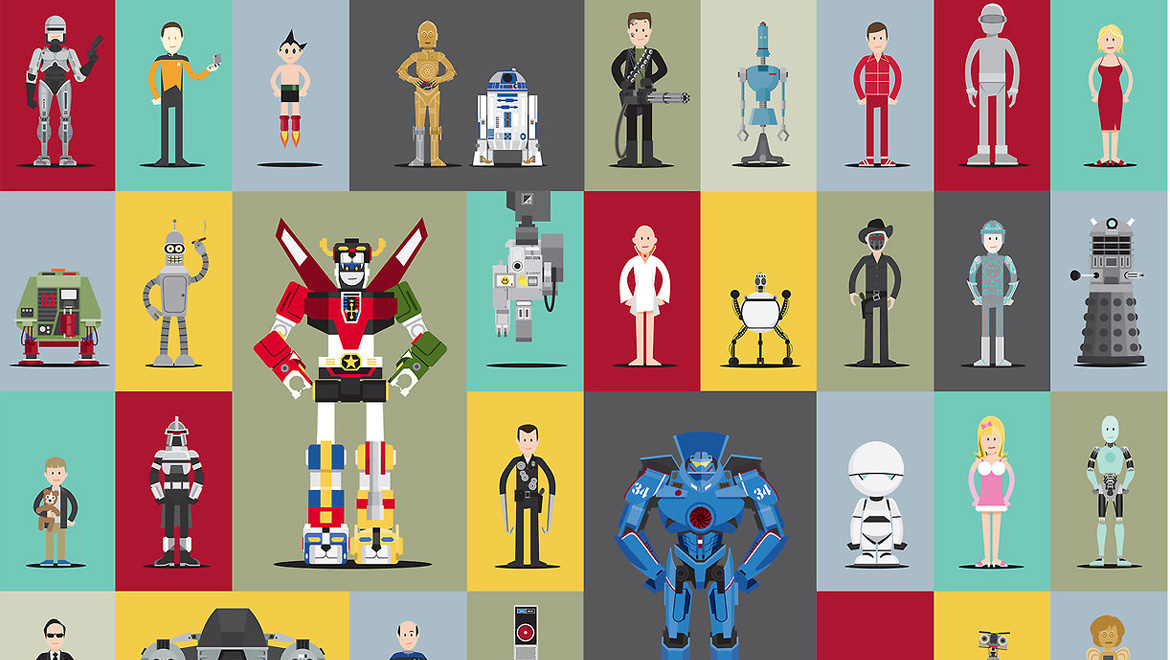 Neal Stephenson, a science fiction game designer and writer, wrote the article “Its All Geek To Me”. In the article Stephenson talks about how nerd culture is oftentimes criticized. Although, his main point is how this criticism has now made nerd culture almost immune criticism and has brought the culture into the mainstream. This is especially apparent today with a lot of superhero movies being the main blockbusters of the year and video games perforating most users’ feeds on social media.
Neal Stephenson, a science fiction game designer and writer, wrote the article “Its All Geek To Me”. In the article Stephenson talks about how nerd culture is oftentimes criticized. Although, his main point is how this criticism has now made nerd culture almost immune criticism and has brought the culture into the mainstream. This is especially apparent today with a lot of superhero movies being the main blockbusters of the year and video games perforating most users’ feeds on social media.




